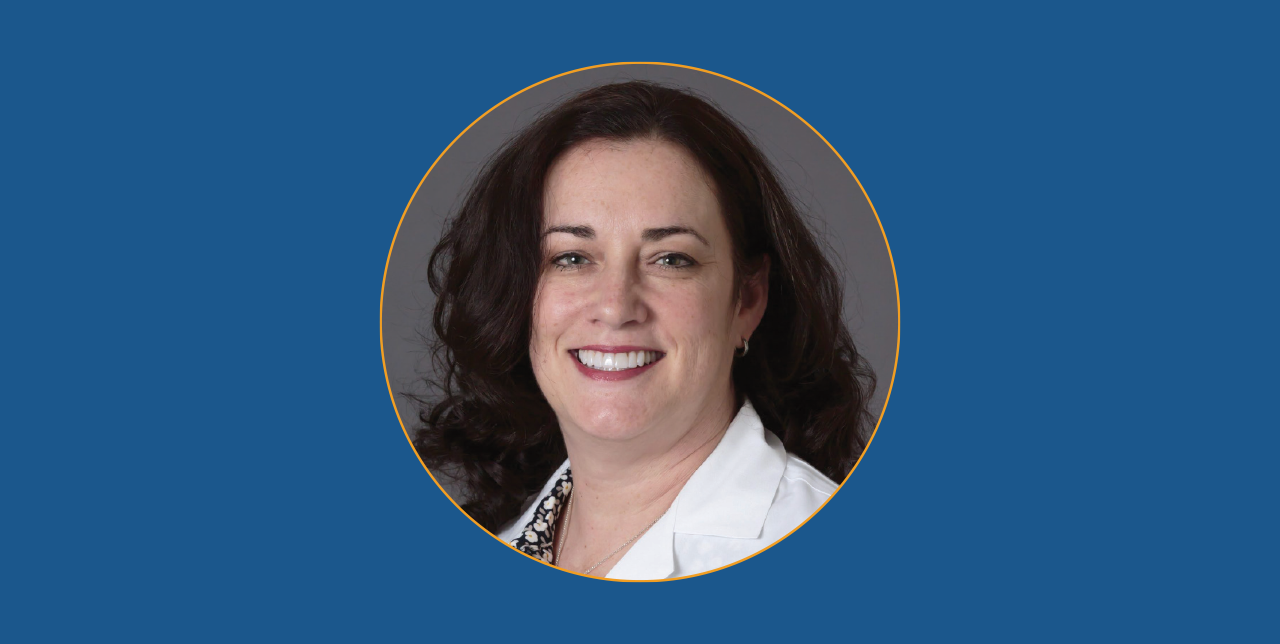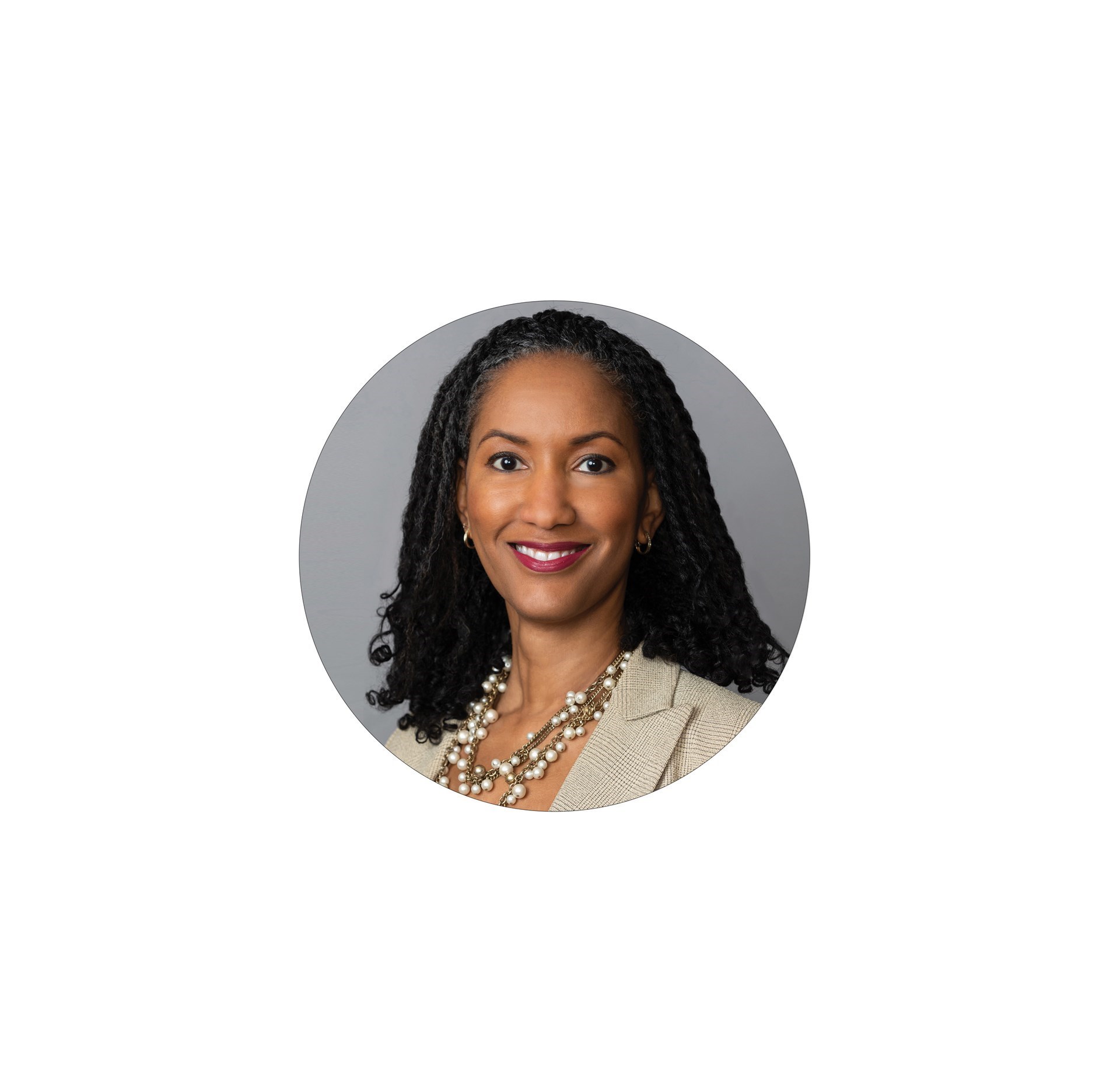This month’s profile features Danielle Saunders Walsh, MD, FACS, FAAP, Chair of the American College of Surgeons (ACS) Board of Governors. She is a pediatric surgeon and founder of Pirate Surgery in Greenville, NC. This month, Dr. Walsh begins serving as vice-chair of surgery for quality and innovation at the University of Kentucky College of Medicine, Lexington.
Why did you decide to become a surgeon, specifically a pediatric surgeon?
When I was a third-year medical student at the University of South Florida College of Medicine, Tampa, I had finished my medicine clerkship and thought I would be an internist, but that ended quickly. On the first day of my surgery clerkship, I wound up in the operating room (OR) with an orthopaedic surgeon at 3:00 am doing an open fracture. I had this excitement level that was unsurpassed by anything I had done before. At that moment I knew that if I was going to be in a hospital for the next 40 years at 3:00 am, it had to be because I was in the OR. So, I fell in love that day and never really turned back from surgery.
My decision to transition to pediatric surgery was made shortly thereafter. I realized how much I enjoyed helping children, and, combined with my love of surgery, pediatric surgery felt like the perfect fit.
I think, too, that in a subconscious way pediatric surgery was probably tied to my childhood. My sister was diagnosed with neuroblastoma at 9 months of age, and she ultimately ended up having surgical resection at Memorial Hospital—now Memorial Sloan Kettering in New York, NY. She was enrolled in an experimental protocol for chemotherapy after neuroblastoma resection and was randomized to the arm that proved to have the best survival rate. That arm became the standard treatment for neuroblastoma for the next decade, and I think there’s a part of me that knew that pediatric surgery and surgical research played a role in her survival.
Do you do a lot of research now?
As a resident at Massachusetts General Hospital, Boston, I was offered a fully funded research fellowship in the field of my choice. Then I spent 2 years as a fellow in a lab at Children’s Hospital of Philadelphia, PA, doing fetal surgery research and I enjoyed that learning process immensely. As I moved into practice, I did more clinical research on common pediatric surgical problems. As a recent program director at East Carolina, more of my publications have been in the area of surgical education. Now I’m much more into scholarly work surrounding quality and informatics.
Research—and by that I mean defining a problem, exploring solutions, and adding to our body of scientific knowledge—is fantastic. Having the inquiring mind of a researcher as you go through your career is very important.
Who were some of your mentors and role models along the way?
Some people have a single mentor for the bulk of their career, and others choose mentors at various points and various aspects of their career. I’m more of the latter.
I received some of my most influential mentorship through my work with the Association of Women Surgeons (AWS). As a resident in the research lab, I applied for an AWS research grant, and when I received and accepted the grant, I found myself at a table surrounded by women who were leaders in the association. Past-Vice-Chair of the ACS Board of Regents Leigh Neumayer, MD, FACS, was one of them. She was president of the AWS that year, and we talked about how residents have a different perspective and different needs than practicing surgeons. She thought it would be a good idea to put a resident on the AWS Executive Council and asked if I would like to take on that role. So, I was the first resident representative on the AWS council.
That was a pivotal point in my career. It gave me perspective on how organizations work and how professional organizations can influence and advance careers. It gave me exposure to women like Patricia Numann, MD, FACS, who went on to be President of the ACS, and many other surgeons who have gone on to be leaders of the College. For example, Annesley “A.J.” Copeland, MD, FACS, was an AWS president and is now an ACS Regent.
I can’t emphasize enough how important my work in professional organizations has been in terms of putting me in contact with mentors at various stages of my career. They all have provided different kernels of advice that made me who I am.
Describe your journey to becoming Chair of the Board of Governors.
When I moved to East Carolina University, Greenville, NC, in 2011, Michael Rotondo, MD, FACS, was the chair of surgery. He already was heavily involved in the ACS Committee on Trauma (COT) and went on to become chair of the COT and Medical Director of ACS Trauma Programs. I told him I was interested in becoming a leader in the College. He recommended that I start with the state chapter.
Within the first year, I realized that the North Carolina Chapter Council did not have an AWS representative and that the ACS had recommended that each chapter council have an AWS representative. I approached the council and offered to fill that role and was immediately put into the position. Over the next 5 or 6 years I managed to move up through the leadership ranks in the state chapter to become its president and, ultimately, a Governor.
As in any other organization, if you show an interest, you participate, and you show up, other opportunities open. Nancy Gantt, MD, FACS, Past-Vice-Chair of the Board of Governors, was overseeing the Quality Pillar when I was active as a Governor and asked if I would be interested in following her in that position, and that led to the honor of serving as the Chair of Board of Governors. Dr. Gantt is another great AWS mentor.
What makes being an ACS Governor such an exciting prospect for people?
The Governors enjoy connecting with other members of the College. When you’re a Governor, ACS members feel like they can speak with you about their concerns and that you understand how the College works. Governors serve as a bridge between the members and the Officers, Regents, and Executive Director. The Board of Governors is the ACS House of Representatives. People feel a willingness to reach out to us, and that’s really rewarding.
There’s nothing better than taking a surgeon who has a problem or a need and connecting her or him with an ACS resource that can help fix it. Surgeons are fixers, so being a Governor is just a variation of that in your career.
What advice do you offer to young surgeons and residents who want to achieve leadership roles in their institutions or surgical societies?
Say “yes” when offered an opportunity. If you see a problem or an issue, volunteer to fill that void. When people see your passion and your hard work, they’ll usually keep pushing you along into higher-level roles.
The biggest mistake I see people make is seeming uninterested in stepping out of the clinical frame of their practice into the professional organization frame of the greater House of Surgery. There’s so much more that getting involved in a professional organization can offer you in terms of reward and benefit, and I hope that young surgeons take on that challenge of exploring other opportunities.
In addition to the ACS and AWS, I’ve been active in other associations for most of my career. David Rattner, MD, FACS, was one of my attendings, and as former president of the Society of American Gastrointestinal and Endoscopic Surgeons (SAGES) encouraged me, back when I was a resident, to get involved in this new professional organization that was focused on minimally invasive surgery. I’ve enjoyed watching the organization grow. Its focus is a bit more clinical- and guideline-oriented than the ACS. The opportunity to serve in committee chair positions and, ultimately, on SAGES’s Board of Governors educated me in ways that helped me prepare for a bigger role in the College.
Tell me about your work with quality and healthcare informatics.
As we’ve moved into the present decade we’ve realized the value of using outcomes data to identify areas of opportunity to fix process pathways and standardize care. Informatics and data analysis are the tools that will transform surgical practice over the next 10–20 years as we continue working to improve quality. I think the promise of using artificial intelligence and large databases to identify gaps and patients at higher risk offers opportunities to prevent complications, including well before the patient has made it into the OR, and those tools are really going to drive improved patient care.
In this last year, I became board certified in clinical informatics because I truly believe that the next great advancements in surgical care are going to be based in the digital world. Setting yourself up to identify what you love, what you’re passionate about, and how it might impact your career is a critical part of developing a multidecade career.






